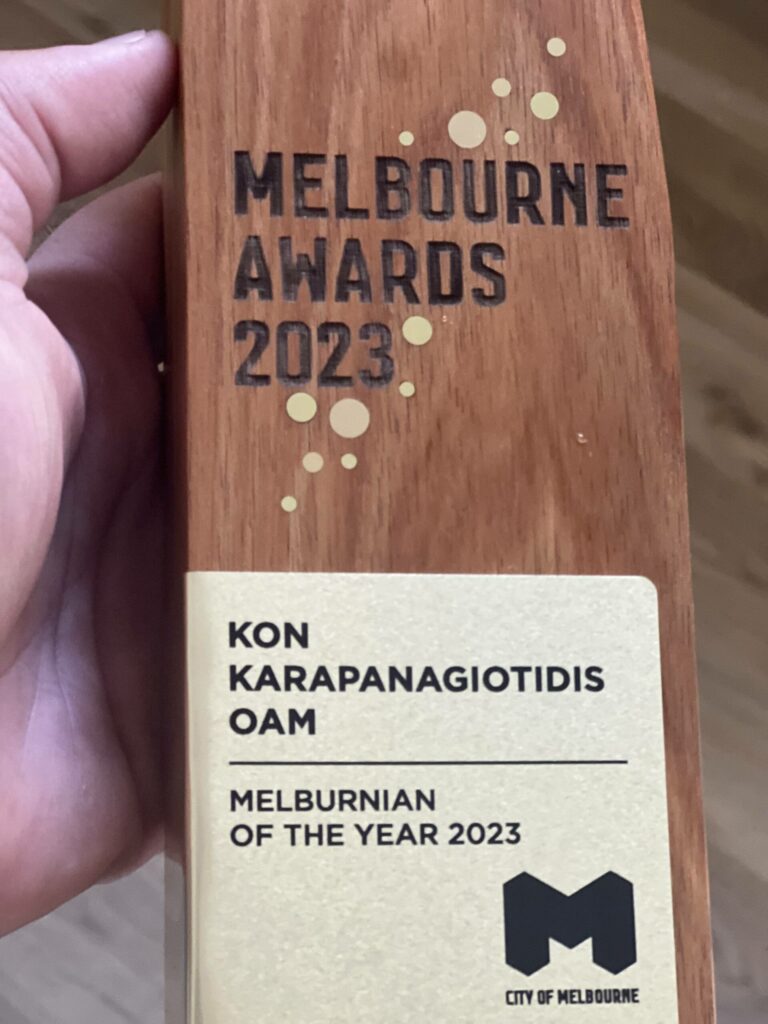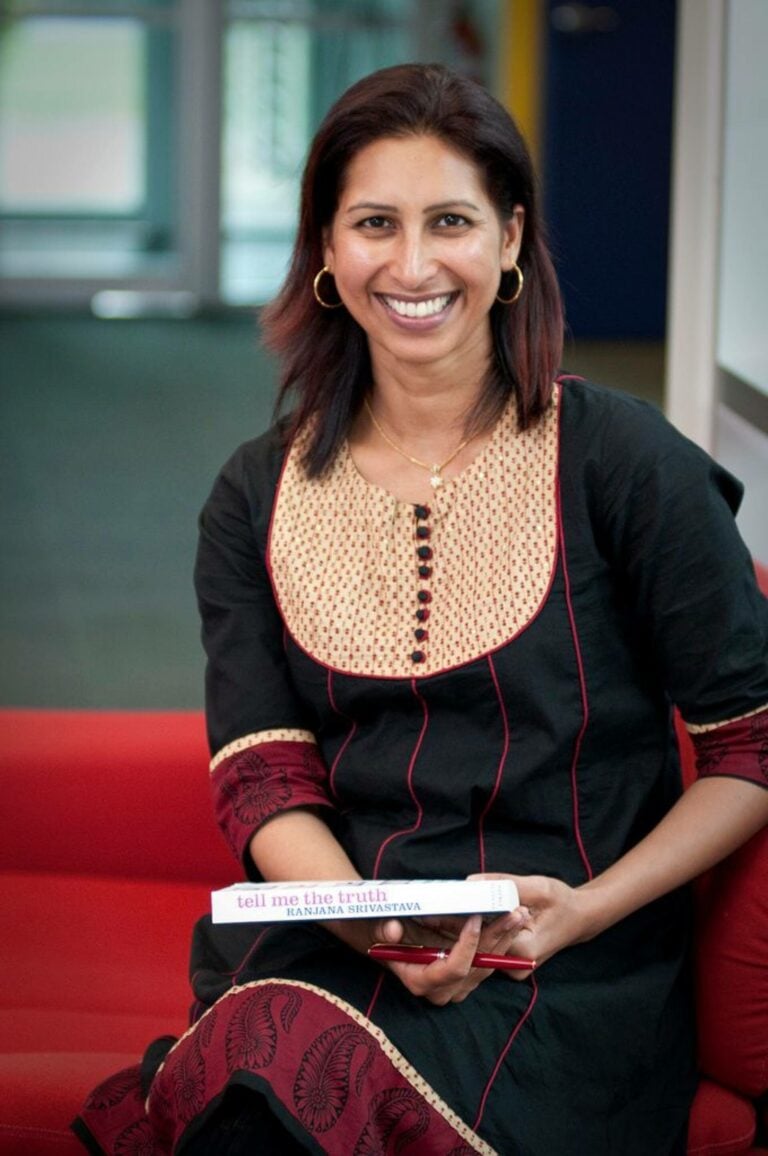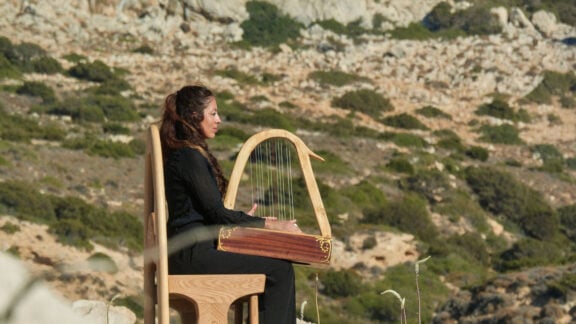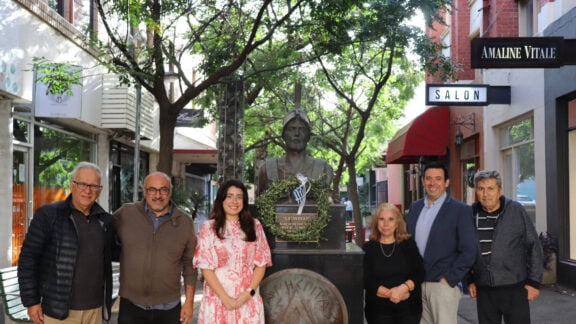I have seen it from the inside. Twenty-two years ago, skirting broken syringes and shattered glass, I climbed up a rickety set of stairs into a ramshackle building, the broad daylight insufficient to ease my caution.
Frankly, it was far from the haven where refugees and asylum seekers were promised the help they deserved. Feeling sobered after returning from a stint working with the Missionaries of Charity in India, I was pulled to the service mission of the Asylum Seeker Resource Centre, not far from the public hospital where I was a trainee oncologist.
I had decided to donate my afternoon off to people who had zero access to healthcare and expected to treat easy conditions like hypertension and asthma. Instead, my second patient was a dying woman. Upon hearing that a ‘cancer doctor’ was in, her children had whipped her off the bed, put her in a plastic chair and carried her up those same rickety stairs to meet me. The way she held her body suggested excruciating pain and a possible hip fracture. The family was desperate. I was stunned.
I called the public hospital and explained the urgent situation. The response was terse: don’t bother; in line with the policy at the time, people without Medicare rights could not be seen. Hearing this blunt refusal on speakerphone, the daughter burst into tears. Feeling sick, I hurried to the founder, Kon Karapanagiotidis, who had started the charity just months ago as a class project. When we met, he had urged me to join him in ‘soul-satisfying’ work. How was it, then, that only my second patient destroyed my soul?

Kon and I were in our twenties: he, a lawyer and social worker and I, a mere junior doctor. We had stars in our eyes. With scant money and no connections, he had founded a charity to treat refugees with compassion and respect. I could not give him what he needed, and my unimpressed bosses warned me to stick to ‘real’ medicine, but I could not unsee his mission that pulled at me.
I did not know him well and fretted that Kon would say no to expensive care for one refugee amongst many, but I had to try. Explaining the trajectory of dying, I told him that if he aspired to treat refugees, he would have to deal with the dying ones. Little did I realise I was giving him a problem he was ill-equipped to solve, but what followed is etched in my memory. He said, ‘You treat her; I will find the money.’ It was my turn to cry.
For the rest of her short life, I kept writing scripts, and the patient kept receiving morphine. The cost was enormous, and the dose was never as generous as it should have been, so unsurprisingly, when the patient died, her daughter’s primary emotion was relief that her days of rationing morphine were over. To this day, I don’t know how we did it.
The ASRC has felt unrecognisable since that time. It has raised a quarter of a billion dollars without government funding, serves countless vulnerable people, and has influential people backing its cause. Joined by our earliest experiences, Kon and I have had a continuous friendship where we swap challenges and gain hope.
But for every walk we manage to honour, there are many cancellations because he is physically or mentally exhausted, pressing donors, gathering funds, or dealing with a crisis. Still, as my kids would say, it’s hard to be salty! So, when he recently texted me for the inevitable raincheck, the request was no surprise, but the ‘excuse’ was superb.
Last Saturday, Kon Karapanagiotidis was named the 2023 Melburnian of the Year, following in the footsteps of many inspirations.
As I took in this well-overdue recognition, I couldn’t help reflecting on the sacrifices bold endeavours require from those who dream them up. I have seen it from the inside.
While society benefits, the individual pays a price. Kon has spoken openly about success coming at the cost of family and children, something we typically associate with women juggling careers and children. Working eighty-hour weeks in an inherently insecure role must take its toll. In his book, The Power of Hope, he mentions how being married to a mission has a cooling effect on personal relationships. However, even the visionary needs love and companionship to keep going.
Kon has also been his mother’s staunchest supporter. His father died young, a mistreated labourer, the subject of casual racism. Indeed, one of his defining memories was of his son relentlessly bullied at school for his name and looks. Kon’s mother – remarkable, resolute, and regularly humiliated – raised two children alone. It is safe to say that neither parent would have dared imagine the heights their children would reach. (Their daughter, Nola, is the first County Court judge of Greek heritage.)

Big awards don’t change the tenor of an old friendship, but as a child of migrant parents, I am deeply moved by this latest recognition. This is not just any award; it is living proof that the city you call home has grown with you and today, it admires your moral compass and celebrates your values.
The City of Melbourne has turned its face towards compassion and humanity for refugees and asylum seekers at a time when the world is roiling with trouble. Many of us who live in this fine city sympathise with them and want to act in good conscience.
I saw this firsthand when my colleagues quietly passed me pharma samples and leftover medications to grow the ASRC stock. Then there was the man who saved a little from every pension to send us a donation. Not to mention the kindness of those who bring food, toiletries and supplies to restore a little dignity to strangers. https://www.refugeeresourcehub.org.au/
Melbourne strikes many right notes for those lucky and privileged to live here. This may be why an award for one man feels like a collective award.
Dr. Ranjana Srivastava OAM is a Melbourne oncologist, Fulbright scholar and award-winning writer she is well-known for her actively involved advocating for better communication between doctors and patients and has written extensively on healthcare and medical ethics.








